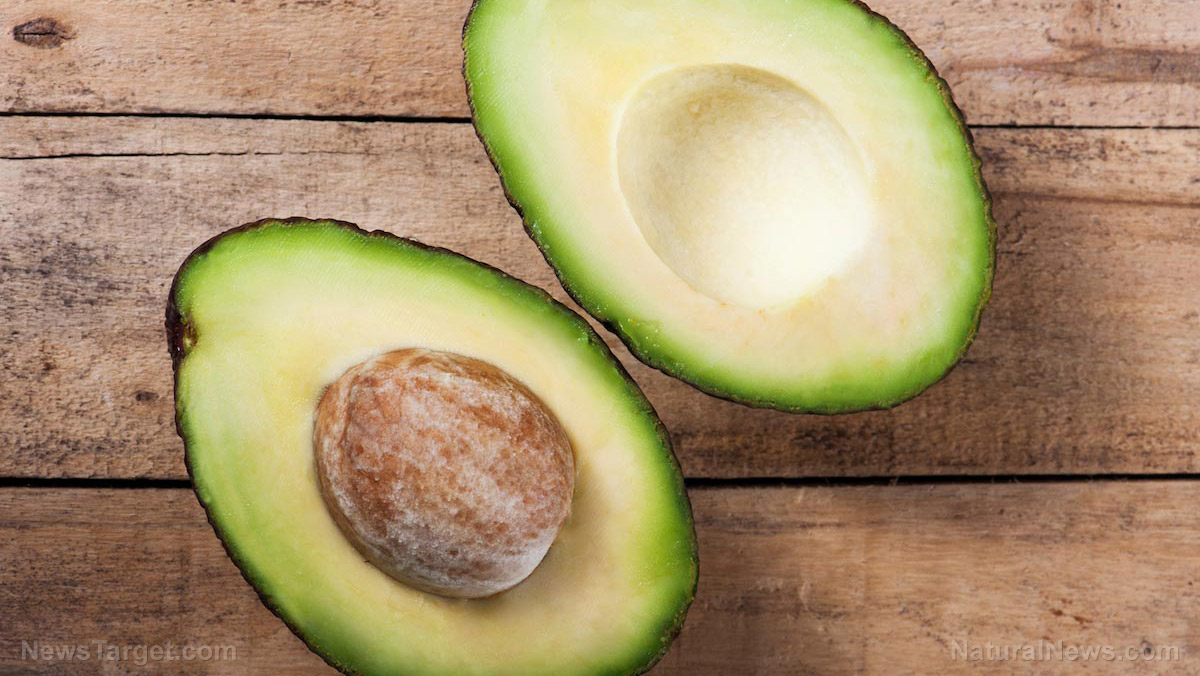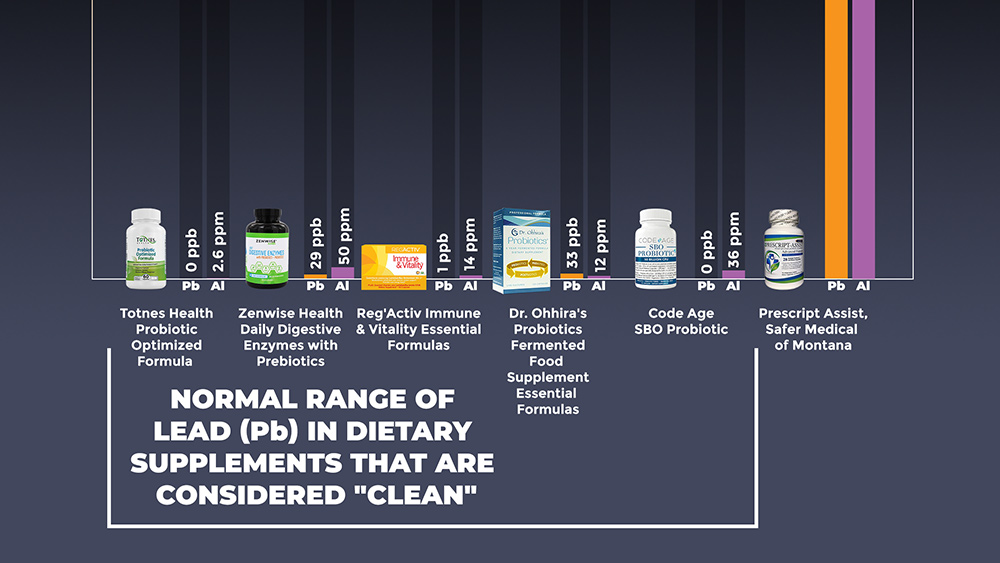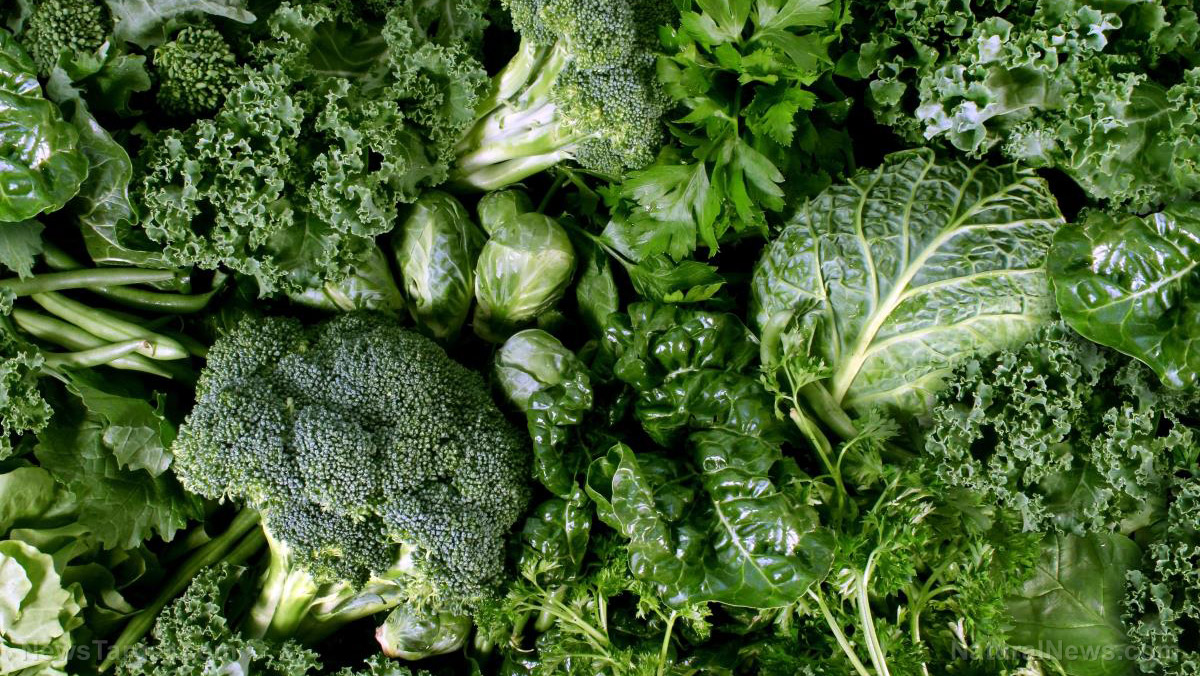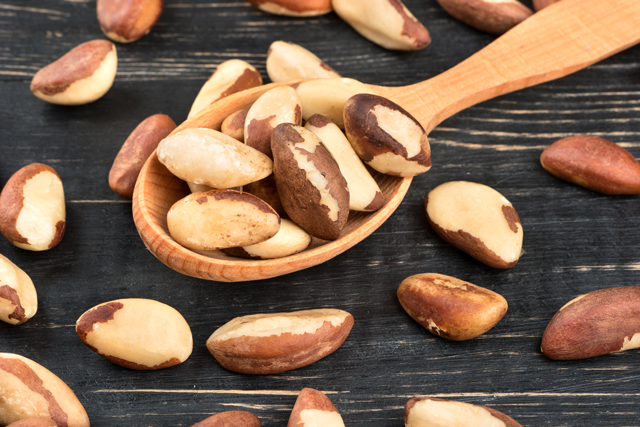Avocado seeds contain compounds that reduce inflammation
07/28/2019 / By Melissa Smith

Avocados are some of the most popular superfoods consumed today. The fruit pulp is eaten while the seed is normally thrown away. But researchers at Penn State University found a use for avocado seeds. In their study, which was published in Advances in Food Technology and Nutritional Sciences, they found that compounds in an avocado seeds could fight inflammation.
Over the past decade, the researchers have developed a compound from avocado seed extract as a food colorant that produces a vibrant orange color. And recently, they got interested in knowing whether this compound could inhibit inflammation.
The researchers used cell culture models and enzymes that are crucial in immune response and inflammatory diseases. They examined the reaction of the macrophages – a class of immune cells – to the avocado seed compound. The researchers found that the compound inhibited the production of pro-inflammatory proteins by these immune cells.
“The level of activity that we see from the extract is very good,” said Joshua Lambert, associate professor of food science and one of the study authors. “We saw inhibitory activity at concentrations in the low microgram-per-milliliter range, which is an acceptable amount of activity to justify further studies.”
The researchers suggested that avocado seed extract could be developed as a functional food ingredient or treatment for inflammatory conditions, such as arthritis, cancer, cardiovascular diseases, and colitis. They also believe that their study laid the groundwork for future studies as it provided evidence that avocado seeds contain bioactive compounds that have anti-inflammatory properties. Future studies can look at the anti-inflammatory activity of avocado seed extract using animal models. In addition, the researchers hope that finding a use for avocado seeds could help reduce food waste, given the huge number of avocados that are consumed. (Related: Avocado seed: a superfood for your health.)

|
Discover how to prevent and reverse heart disease (and other cardio related events) with this free ebook: Written by popular Natural News writer Vicki Batt, this book includes everything you need to know about preventing heart disease, reversing hypertension, and nurturing your cardiac health without medication. Learn More. |
“This is encouraging because there is a market for other high-value sources of bioactive compounds we have tested in my lab, such as cocoa and green tea — whereas avocado seeds are essentially considered to be garbage,” Lambert explained.
Medicinal properties of avocado seeds
Several studies showed that avocado seed extract has potential health benefits:
- Antioxidant – The phytochemicals in avocado seed extracts have potent antioxidant properties, according to studies published in Food Chemistry and Journal of Basic and Clinical Physiology and Pharmacology.
- Antibacterial – Avocado seeds may also be used to fight certain bacteria. In a laboratory study published in the Journal of Agricultural and Food Chemistry, researchers tested avocado seed extracts against spore-forming bacteria Clostridium sporogenes. Results showed that the extracts inhibited the growth of the bacteria.
- Antifungal – Avocado seeds also have antifungal potential. One study, which was published in The Scientific World Journal, showed that avocado seed extracts inhibited the growth of Candida albicans, a yeast that often causes gut problems.
- Decrease blood cholesterol levels – An animal study published in the journal Plant Foods for Human Nutrition revealed that the avocado seeds can significantly lower levels of total cholesterol and low-density lipoprotein (LDL) or “bad” cholesterol. This cholesterol-lowering effect could be attributed to the seed’s antioxidant properties and high dietary fiber content.
- Reduce blood sugar levels – People with diabetes may find avocado seed extracts to be beneficial. A study in the Malaysia Journal of Medical Sciences found that treating diabetic rats with avocado seed extract resulted in reduced blood sugar levels. In addition, the extract exhibited protective effects on some rat tissues, such as the liver, kidneys, and pancreas. The anti-diabetic effects of avocado seed extract may be attributed to its minerals and phytochemicals, according to a study in the Greener Journal of Medical Sciences. These findings supported the traditional use of avocado seeds in managing diabetes.
While studies on uses and medicinal properties of avocado seeds are ongoing, the fruit itself is a widely known superfood with plenty of nutritional benefits to offer. Learn more at SuperfoodsNews.com.
Sources include:
Tagged Under: alternative medicine, anti-inflammatory, avocado, avocado pit, avocado seed extract, avocado seeds, food cures, food is medicine, food science, fruits, functional food, healing food, inflammation, natural cures, natural medicine, prevention, research


















